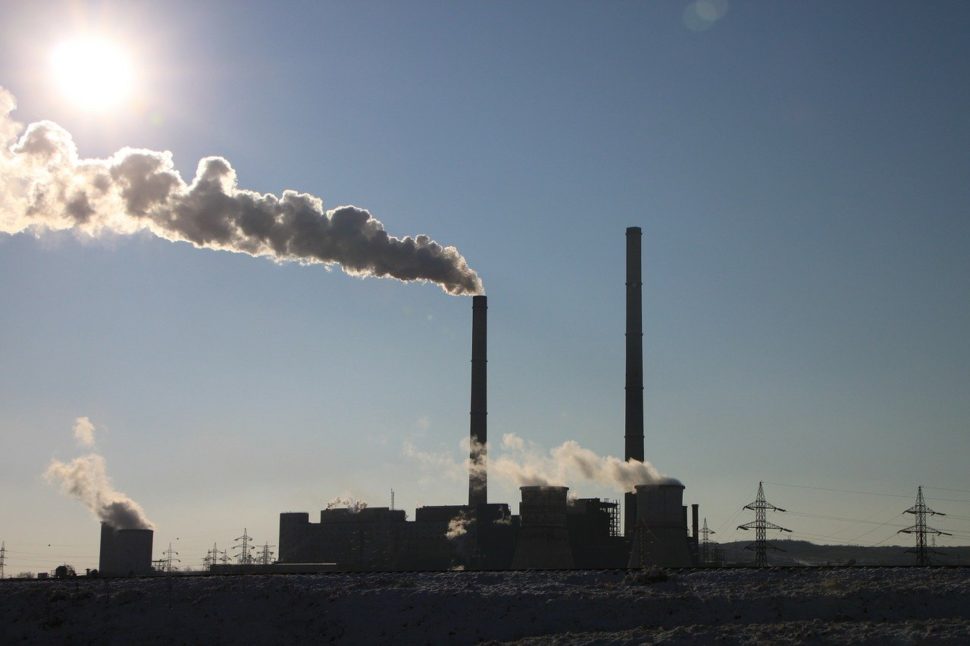Global emissions have declined in the last few months due to COVID-19 lockdown across the world.
In a study, a team of researchers calculated the changes in emission levels of ten greenhouse gases and air pollutants. Using open-source data, the team focused on over 120 countries between February and June 2020.
Expectedly, the researchers noted a significant drop in greenhouse emissions during the lockdown.
Carbon dioxide and nitrogen oxide emissions dropped by 10 to 30 percent during the period. Furthermore, the study expects global emissions from fossil fuel burning to fall by up to 8 percent in 2020.
While the decline in global emission is a welcome change, the researchers don’t expect it to last.
In a statement, co-author of the study and researcher from the University of East Anglia, Corinne Le Quere said:
“The fall in emissions we experienced during COVID-19 is temporary, and therefore it will do nothing to slow down climate change.”
Here’s why.
Why Current Greenhouse Emissions Decline Won’t Slow Climate Change
According to the researchers, the current emissions decline will do nothing without a long-lasting switch from fossil fuels.
The lockdown caused a massive behavioral shift — reduced burning of coal, including oil and gas. However, as countries continue to lift the lockdowns, the world will return to fossil fuel burning.
So, the emissions saved would essentially become meaningless. Even if travel restrictions and social distancing continue till the end of 2021, the world would have saved only 0.01 °C of warming by 2030, said the team.
The Paris Agreement requires that nations limit temperature rises to “well below” two degrees Celsius above pre-industrial levels. The deal also set a safer goal of 1.5 °C cap.
For the 1.5 °C goal to remain feasible, the United Nations says that global emissions must fall by 7.6 percent annually this decade. That’s roughly equivalent to the anticipated emission fall in 2020.
But, since it took a pandemic and a global lockdown to achieve this goal, it’s unlikely that the emissions decline will continue.
“If I’m brutally honest, the world is unlikely to decarbonize at the rates required for 1.5 °C,” says co-author Piers Forster. “But, getting anywhere close will make our children’s future better.”
The researchers published their findings in Nature Climate Change. They also modeled options for post-lockdown recovery that could help reduce emissions over time.
It involves policymakers prioritizing public transport and cycle lanes.

















Comments (0)
Most Recent